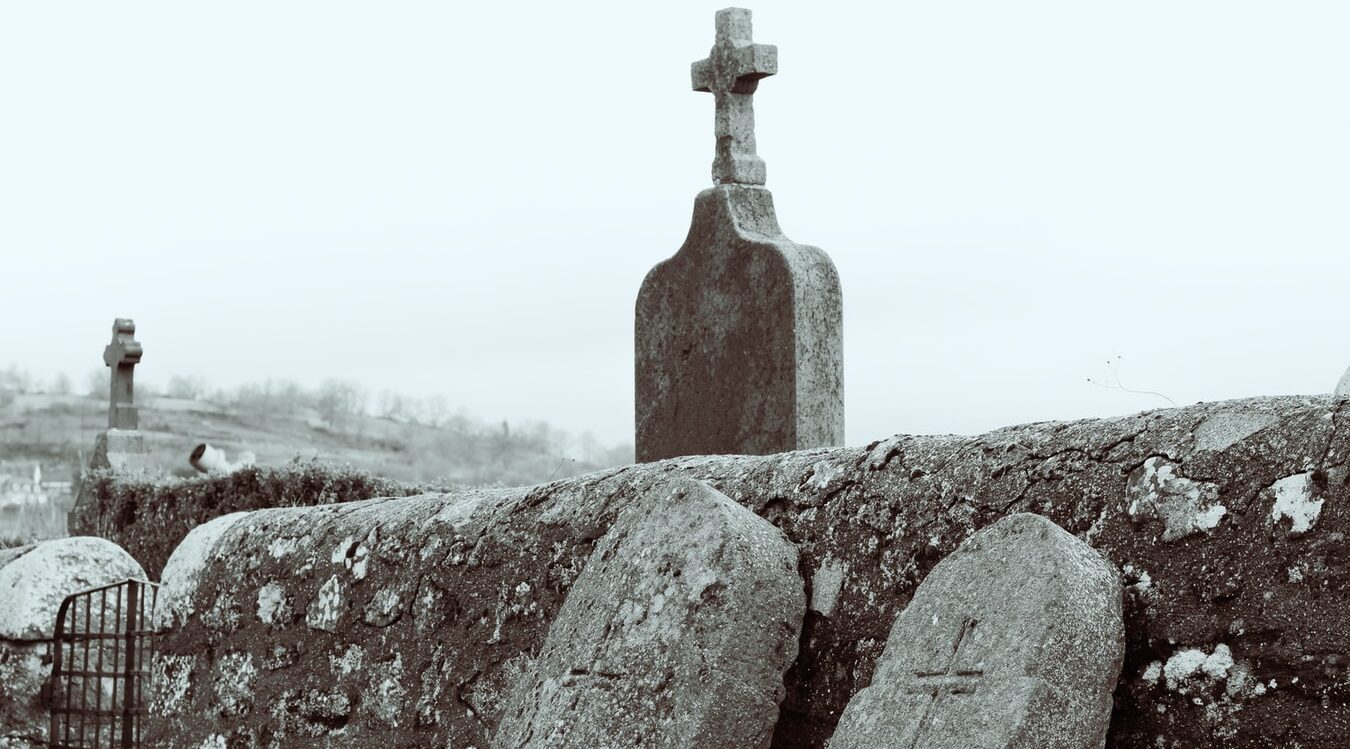What Happens When You Die?
I had a seminary assignment recently that I thought might be a benefit to our readers. I’m posting it in its entirety below. The Question You learn that a dear older lady in your church is dying of colon cancer, so you promptly begin visiting her in the hospital. She is delighted to see you, … Read more





